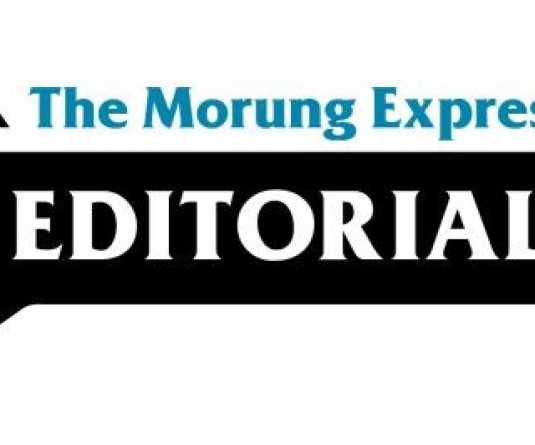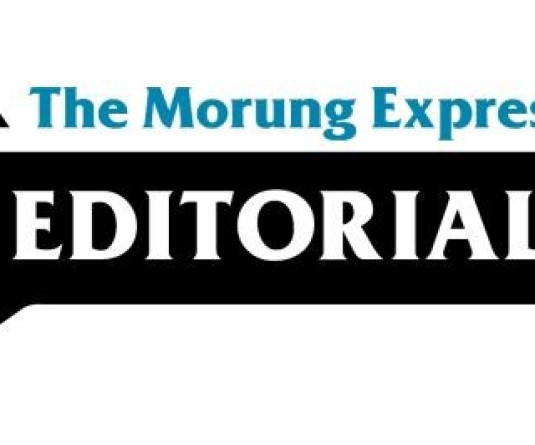
Trust is a powerful virtue that inspires and propels humans to respond in ways that are unimaginable and yet real; for at its core, the power of trust unleashes a mystical and dynamic energy that instills the human mind to act with clarity, a sense of purpose and vision. Yet human history indicates that it has failed to grasp the powers of trust. It is no wonder that the roles and values of trust have so often been underestimated; and yet ironically the question of trust has shaped and determined historical processes.
In situations of political and social crisis, trust is amongst the first casualties. The forces of distrust unleash an agenda to create divisions through rumors and confusion to break the spirit of people by creating an environment of fear and suspicion. It includes systematically discrediting individuals and people, by dehumanizing their humanity and creating in them the ‘image of an enemy.’ Such an agenda of deception and malice further propagates the agenda of distrust with the fullest intention of destroying a people’s capacity to trust in their very own wisdom and vision.
A situation conditioned to arouse suspicion and distrust is manipulated to escalate polarization over perceived differences; preventing any genuine process for clarification and honest removal of doubts and suspicions. For this reason, Nagas are faced with an eminent crisis where they become suspicious of anyone and everyone by making assumptions; including ignoring the best of intentions offered because it gets to a point where they only seek to trust their own kin. Indeed it is with deep regret that history has seen so many men and women fall short of their potentiality because of their repeated intentions to only trust their own.
Trust is fragile and dependent on a complex web of values and processes that needs nurturing. It is a dynamic process that calls for human will to take full responsibility for ones actions and to stand for right. It requires sharing of perceptions, offering opinions and ideas, and having the choice to be part of decision-making by being involved in a deliberate process of critical reflection, self-examination and redressal of the wrongs. Trust stands to bridge understanding and affirm the journey of unity in purpose. The power of the powerless indeed begins with the ability to trust.
The sources of confusion and distrust must be identified and addressed constructively with an honest assessment of where, how and why things went wrong. Truly, Nagas need to break the chains of fear and distrust. Nagas must have the faith to indeed feel the power of trust propel them to observe, understand and pursue the interaction between the future they seek and the means they use to create that future, so that the means is consistent with the envisioned future.






